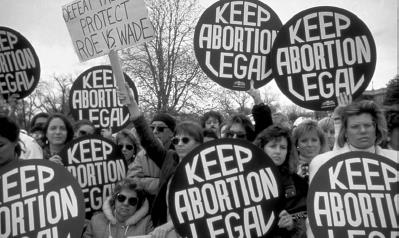The Burger Court (1969–86)Introduction |
Which Burger Court justice faced an investigation that could have led to impeachment? |
Justice William O. Douglas faced heavy criticism, including a heated attack from House minority leader Gerald R. Ford, who later became vice president and president of the United States. Ford accused Douglas of endorsing revolution in the justice’s book Points of Rebellion. Ford, a U.S. representative from Michigan, also criticized Douglas for serving as the president and a director of the Parvin Foundation, an institution named after casino businessman Albert Parvin that provided financial aid study in the United States for students from other countries. Ford sponsored a resolution in the House in April 1970 calling for Douglas’s impeachment, contending that the Parvin Foundation had ties to the gambling world. The House judiciary committee set up a subcommittee to investigate the allegations against Douglas. The subcommittee filed a report that rejected the charges and vindicated Douglas.
H. Earl McBride published a book in 1971 entitled Impeach Justice Douglas: Volume I: Subversion. The author argued that Douglas supported “subversion, criminality and obscenity” in his opinions. Douglas survived these attacks and remained on the Court until his retirement in 1975, serving a record thirty-six years on the Court. The irony is that Douglas retired while Ford was president and Ford got to name his replacement—Justice John Paul Stevens.

